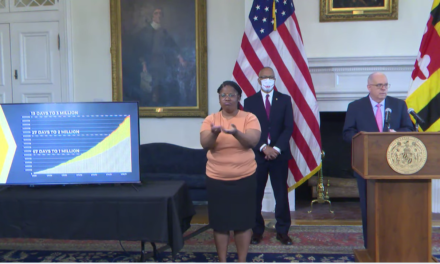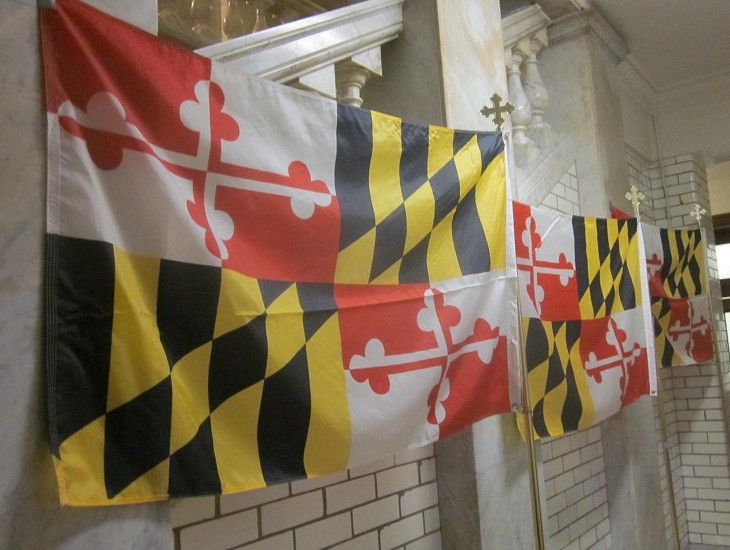By Len Lazarick
Len@MarylandReporter.com
Almost half of Maryland voters favor a combination of tax hikes and budget cuts to solve the $6 billion in budget deficits the state faces in the coming four years, according to an exclusive poll done last week for MarylandReporter.com.
The voters polled by Gonzales Research and Marketing Strategies as part of a larger survey prefer the combination of taxes and cuts by a wide margin over four other budget options. The least popular choices were reducing state aid to counties and tax increases by themselves. Less than 10% of survey respondents favored cutting salaries and pensions benefits to state workers as a potential budget solution, and fewer than one in five said budget cuts alone would do the trick.
The survey of 816 likely voters contacted last week also found they were evenly split over which candidate for governor is best equipped to handle the coming deficits, Democratic incumbent Martin O’Malley or Republican Bob Ehrlich, with 44% favoring each candidate.
The margin of error for the poll is 3.5%.
As might be expected, the survey found Republicans more inclined to support budget cuts by themselves, with more than a third of the 269 polled backing that choice. Independents were also more inclined to favor budget cuts alone.
But the combination of tax hikes and budget cuts was the most popular choice among both whites and blacks and across all regions of the state. And there was no gender gap between male and female voters on the question.
Voters across the state were not inclined to punish state workers for the budget problems. In almost all demographic categories, one in ten voters or fewer were in favor of reducing salaries and pension benefits. Only among the small sample of 94 voters in Western Maryland was that a slightly more popular choice, with 19% supporting the move to cut pay and benefits.
Tax increases and reduced aid to counties for schools, libraries and roads were the least favored choices across all categories of voters.
The full results of the survey questions, including demographic breakdowns, are attached at the bottom of this page.






Recent Comments